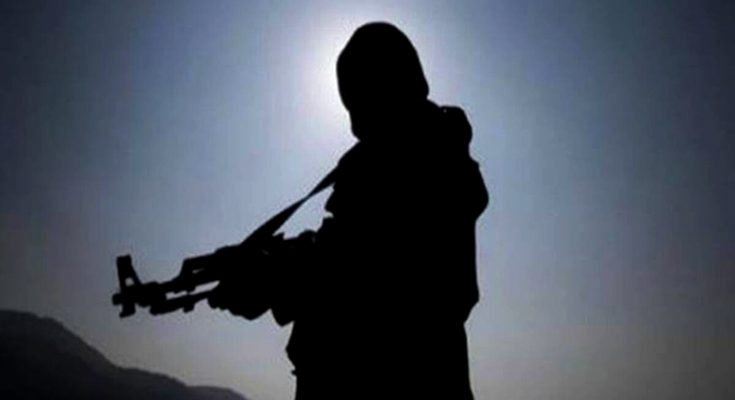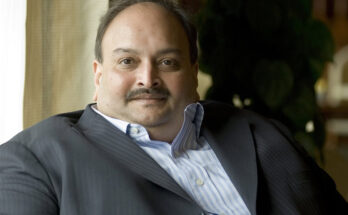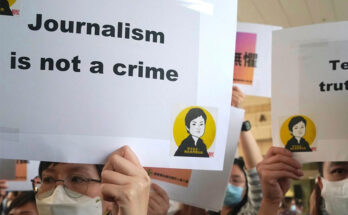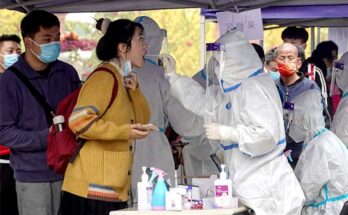Sri Lanka Banned 11 Extremist Groups Including ISIS and Al-Qaeda. Image Courtesy – The Financial Express
Sri Lanka banned 11 extremist groups in their country under the Prevention of Terrorism Act. Sri Lankan President Gotabaya Rajapaksa has issued a special notice banning several extremist, terrorist organizations in the country under the Prevention of Terrorism Act. The country has imposed a ban on 11 radical Islamic groups, including Islamic State (ISIS) and Al Qaeda, for their terrorist activities.
The Prevention of Terrorism Act in Sri Lanka was first enacted as a temporary law in 1979, and it became permanent in 1982. The act provides the police of Sri Lanka with more powers to search, arrest and detain suspects.
According to the act, “If you are involved in terrorist activities or conspire, you will be imprisoned for 10 – 20 years”. Some local Muslim organizations of Sri Lanka like the ‘Sri Lanka Islamic Students Movement’ are there on the list.
Sri Lanka banned the ‘National Thowheeth Jama’ath’, and two other local jihadist groups, shortly after Benazir’s suicide bombing on Easter Sunday in 2019. The target of the brutal attack by Jamaat militants was several luxury hotels and churches in Colombo. The blast killed 270 people and injured 500 others.
Read: EU, US, UK, Canada target China on Uyghur abuse issue
Immediately after the sabotage, a special inquiry committee appointed by former President Maithripala Sirisena recommended that Muslim extremist groups promoting fundamentalism and extremism and should be banned in the country where the majority of people are Buddhist.
The report also recommended banning an extremist Buddhist group called the ‘Forces of Buddhist Power’ or ‘Bodu Bala Sena’ (BBS), saying that their activities are fueling extremism among Muslims. But in the end, a special notice issued by the president excluded the Buddhist group from the ban list.
However, all political parties rejected the panel’s report, although Cardinal Malcolm Ranjith of the local Catholic Church demanded that their recommendations should be implemented. He told that it would do justice to the victims of the bombings.
The panel’s report pointed at former President Maithripala Sirisena and the top security official appointed at that time. It was said that intelligence sources had information about the impending terrorist attack, but they failed to stop the bombing. There were some specific lapses on their part.





